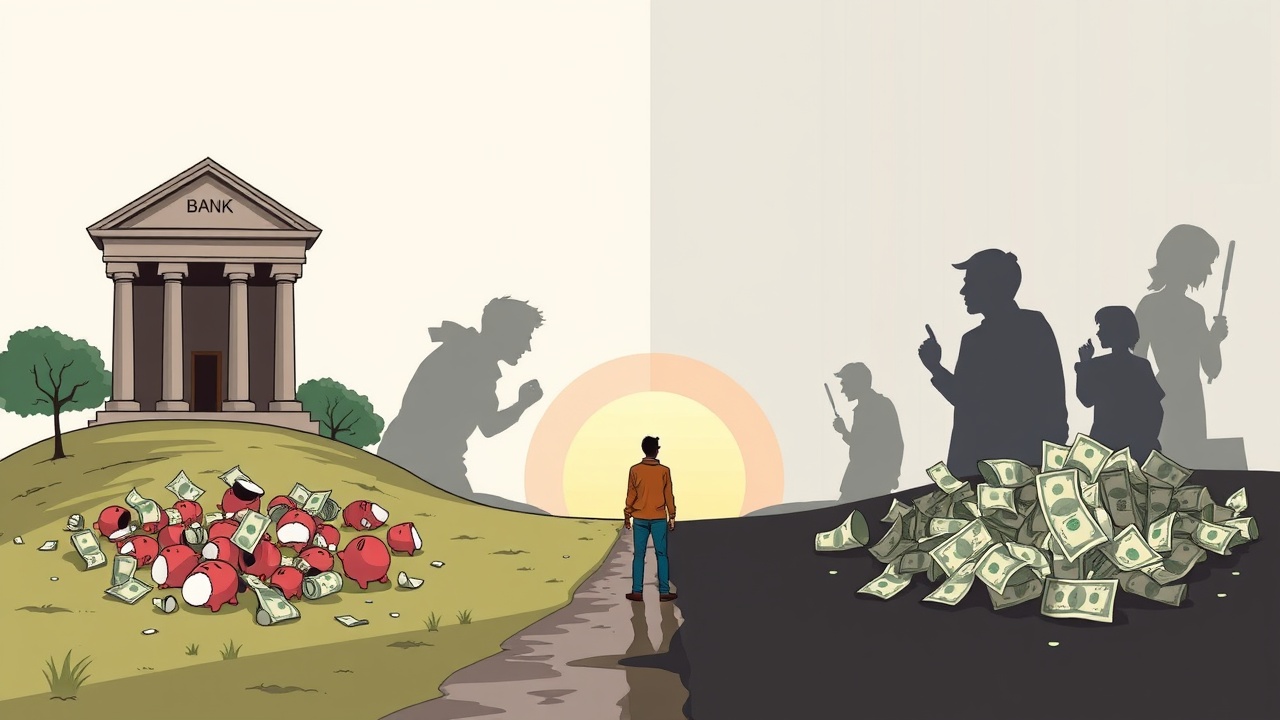Critique of Financial Beliefs
In a bold critique of contemporary financial beliefs, Robert Kiyosaki, renowned for his book “Rich Dad, Poor Dad,” has taken to social media to highlight four pervasive misconceptions that he argues contribute to financial hardship. Kiyosaki, known for his skepticism towards conventional financial practices, refers to these beliefs as “comfort illusions” that ultimately entrap individuals in cycles of debt and dependency.
Impact on the Middle Class
He emphasizes that the myths he identifies appear to offer security, but in reality, they erode the purchasing power of the middle class each year. This latest piece of advice comes amid Kiyosaki’s alarming prediction of an impending financial collapse that could impact unprotected investment portfolios severely.
Investment Strategies
In response, he advocates for investing in physical assets, including precious metals like gold and silver, as well as cryptocurrencies such as Bitcoin and Ethereum. Kiyosaki argues that these tangible assets are less susceptible to the influences of central banks, presenting a more solid investment alternative.
Psychological Aspects of Finance
Delving into the psychological aspects of finance, Kiyosaki points out that fear of losing money can keep individuals in poverty, while emotional management is key to wealth accumulation. He believes financial markets are largely driven by psychological factors rather than merely economic indicators.
Education and Financial Independence
Reflecting on the philosophies expressed in his “Rich Dad” series, Kiyosaki reiterates that a traditional education often leads individuals to become employees instead of investors. With the current instability of fiat currencies and financial institutions, Kiyosaki’s warnings seem increasingly prescient rather than merely sensational.
Conclusion
His insights serve as a wake-up call, urging individuals to reevaluate their financial strategies and consider alternatives that may provide more security in today’s unpredictable economic landscape.




